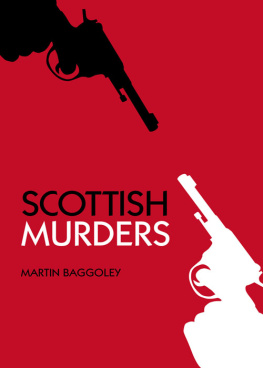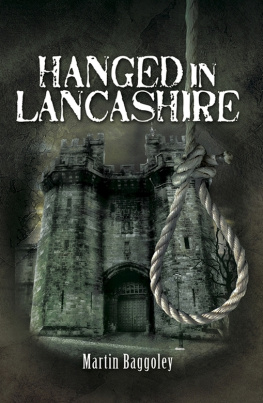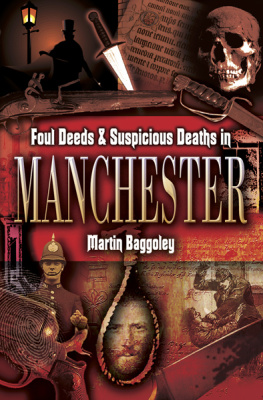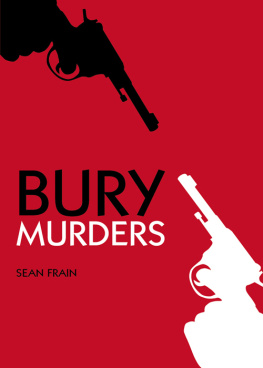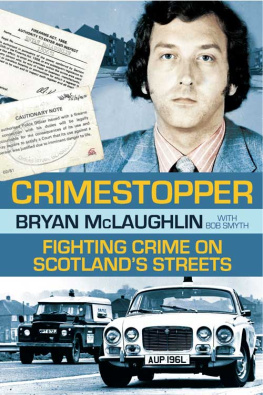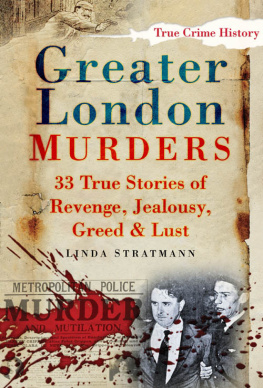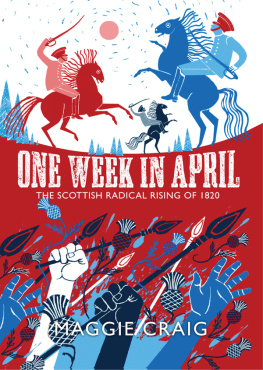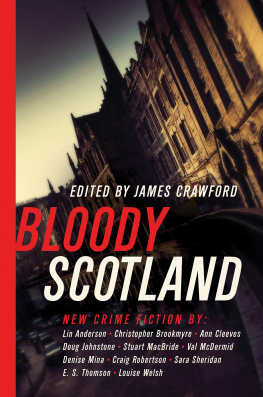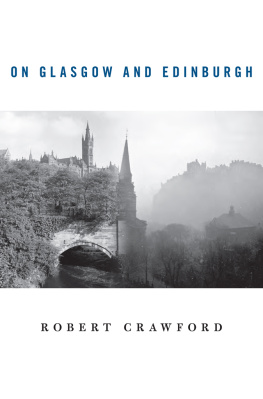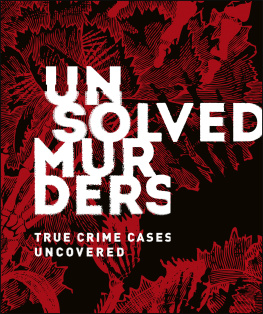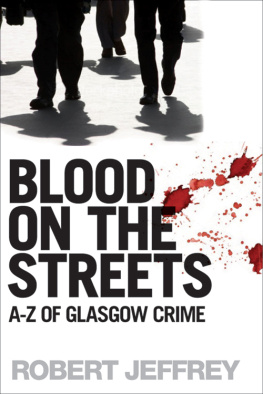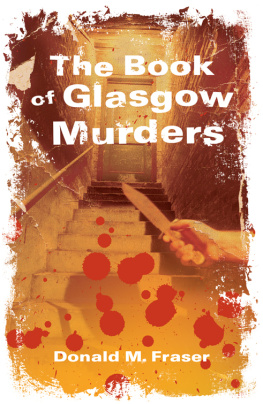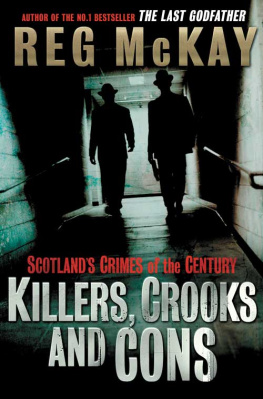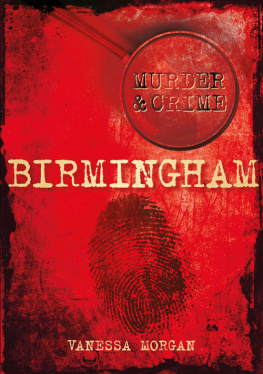CONTENTS
I would like to thank the staff at the National Library of Scotland and the Newspaper Library at Colindale for the help given in writing this book.
In the early months of 1814, as the Napoleonic Wars were approaching their end, the Admiralty notified the Fleet that the Royal Navy was to be reduced in size. It was proposed that those seamen who had served the longest would be the first to be discharged and allowed to go home. However, once the order became known, many ratings decided not to wait for their official discharge papers, which led to a sudden and dramatic increase in the number of desertions. The authorities ordered that deserters must be halted and officers were therefore directed to use the strongest measures necessary to prevent men from leaving their ships in this manner. One ship for instance, the frigate Unicorn, had lost fifteen crewmembers, who deserted after being paid their wages at Stromness ten days before she arrived in Leith on 14 June 1814.
On 15 June, one of the Unicorns boats, which carried two midshipmen, Robert Wright and John Levit, accompanied by six ratings, was sent to the yard with rigging in need of repair. One of the ratings was William Jones, who, despite being a good sailor, could be awkward and cause problems for the ships officers. As soon as the boat docked, Jones sought permission to leave the yard but his request was refused. Later, he repeated his request, only to be turned down once again. In response, he turned to Midshipman Levit and said, You know you cannot keep me, which was interpreted as a threat to desert.
Later that afternoon, the frigates captain ordered another boat to be sent to the yard and among its crew were midshipmen Andrew Carroll and Thomas White. On its arrival, Levit advised his fellow junior officers of the possible problems posed by Jones. Midshipman White approached Sergeant Murrell of the West Norfolk Militia, who was acting as sentry at the dockyard gates, to instruct him that none of the ratings off the Unicorn should be allowed to leave unless accompanied by an officer.
Jones made a third request to be allowed to leave the yard, but this was once more refused by Levit. Jones replied, Here goes, and ran through the main gate and out of the dockyard. Levit gave chase, caught the fleeing seaman and ordered that he should be confined in the dockyard guardhouse. Following this incident, the midshipmen visited the nearby Britannia Inn, where they dined and drank a great deal of ale. When they returned to their boats at seven oclock that evening, they were told that four men had deserted.
White immediately called out for Jones, who replied, Here, Sir. He had been released from the guardhouse but did not abscond with the others. However, he too had been drinking and was lying on his side close to the edge of the quay. When ordered to lower himself into the boat, he refused and told White that he was waiting for a barmaid from the Britannia to bring him some bottles of ale to take back for his shipmates on the Unicorn. This act of insubordination enraged White, who responded by drawing out his cutlass.
Addressing Jones, the midshipman demanded, Wont you go on board Sir, when I desire you? Jones ignored him and joined in singing with those sailors who were already in the boat preparing to row back to the frigate. Angry at this further display of disobedience by the seaman, White struck him twice across the head with the flat of the blade. Jones rose to his feet but before he could say or do anything, the midshipman stabbed him once in the stomach. The wounded man staggered and fell to the ground and, as he did so, White stamped on his head. Jones fell off the quayside and as the tide was out he landed on some exposed rocks. Several members of the boats crew picked him up and laid him out in the small vessel, but he died later.
Twenty-five-year-old White was not court-martialled but stood trial at the High Court of Judiciary on 12 July 1814, at which he pleaded not guilty to murder, claiming Joness death was an accident. In court, powerful and hugely incriminating testimony was given by a number of respectable civilian witnesses, all of whom were local tradesmen who were in the vicinity at the time of the alleged murder. These included Leith bakers James Allen, David Thompson and John Bayne, carpenter Archibald Morrison and stocking-maker John Duff.
James Allen told the court that he shouted to White that he was a murderer and should hang for what he had done. White turned towards him, making threatening gestures with his cutlass and screaming that he would kill anyone who attempted to restrain him. He continued to shout that he had only been performing his duty as Jones was about to desert.
The wounded man staggered
and fell to the ground
White, who had been drinking for much of the afternoon, seemed to be confused and unsure what he should do next. He boarded the boat and made for the bowsprit, where the boatswain attempted to take the cutlass from him. White was able to struggle free but was threatened with a mallet by a crewmember. He jumped out of the boat and was eventually held down by the boatswain and a local innkeeper, Fowler Ferguson, who was able to prise the bloody cutlass from his hand.
White was escorted to the towns council chamber to await questioning while attempts were made to treat the wounded man. However, Jones was beyond help and died a short time later. A post-mortem revealed that death was due to one deep stab wound to his stomach and it was clear that the weapon must have been plunged into the victim with great force.
The first defence witness was Rear Admiral William Johnstone Hope, who described the pressure placed on the shoulders of junior officers given with the task of preventing desertions by men under their command. Another officer, Lieutenant Kedger of the Unicorn, recalled an incident three years earlier off the coast of Spain, when Jones was punished for striking a Master of Arms, thus making the jury aware of the fact that the dead mans disciplinary record was far from exemplary. The admiral and lieutenant spoke highly of the prisoner, who was said to have been an excellent young officer destined for a brilliant career with the Royal Navy.
The Crown had presented White as someone who acted with malice in a wholly inappropriate manner and who had used excessive and unnecessary violence against the deceased. However, midshipmen Carroll and Levit emphasised the disobedience of Jones on the day in question and his attempt to desert, which the defence believed put Whites actions in a different light. Credence to this was given by a Mrs Christie, the wife of the captains steward on board the Appelles, a sloop of war also berthed at Leith at the time. She witnessed the incident and told the jury that in fifteen years, she had never seen such blatant disobedience and despicable behaviour by a sailor.
Two ratings who served on the Unicorn named Baskin and Tough, both captains of the main top and therefore senior and experienced seamen in charge of a group of sailors, also appeared for the defence. They spoke highly of White, describing him as a just and humane officer who treated his men well. They insisted that he bore no ill-will towards the dead man and confirmed that three days before the alleged murder, White had spoken on behalf of Jones and prevented him from being flogged for being drunk on duty.
The jury returned with a verdict of guilty of culpable homicide and White was sentenced to be transported for fourteen years.

On the afternoon of Wednesday, 26 August 1818, a foot race took place before a large number of spectators at Clarkston, near Airdrie. The competitors were two local handloom weavers, William More and twenty-five-year-old Matthew Clydesdale, a married man with two children. Clydesdale was the victor and afterwards, the two runners visited John Smiths tavern, close to the Clarkston toll bar, where they were joined by Williams brother John and a friend, John Rankin.

